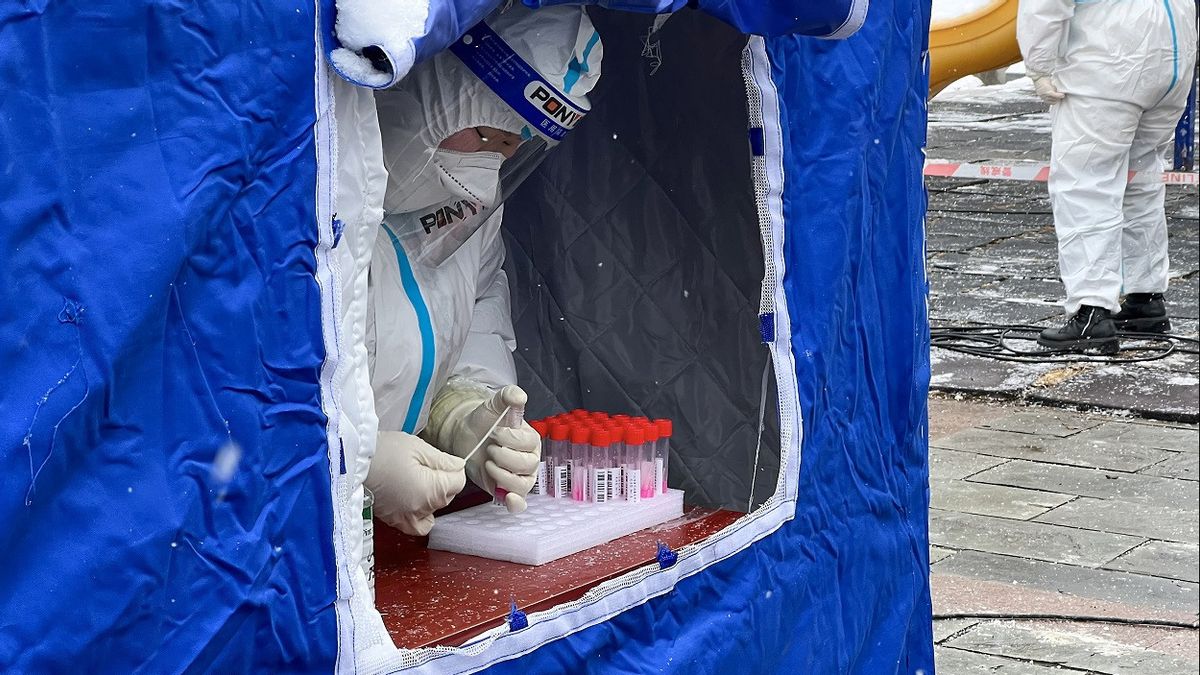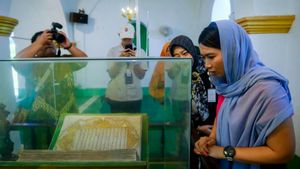JAKART - China is setting up thousands of permanent PCR testing stations, with 9,000 already completed in Shanghai alone, as authorities attempt to 'normalize' tough pandemic controls, once the lockdown ends.
Currently, nearly 25 million residents in the eastern financial hub of Shanghai remain under some form of lockdown, as the city battles China's biggest-ever coronavirus outbreak.
However, to prevent future turmoil, city authorities have set up a system that will make regular COVID-19 testing a permanent feature of daily life, with other cities taking similar steps.
Of the 9,000 Shanghai test sites, 5,000 are already operational, deputy mayor Wu Qing said on Friday, as reported by Reuters May 6.
As part of China's 'dynamic' zero-COVID strategy, residents of cities including Beijing have faced frequent tests, and have long been accustomed to displaying 'health code' mobile apps, to show they are not visiting high-risk areas.
However, the new system will require anyone to have a negative PCR test before entering public spaces. It's not clear how recently the test needed to be done.
The testing stations, located in residential areas, industrial parks, office blocks, and at entrances to train and subway stations, will allow people to be tested in just 15 minutes, officials said.
Beijing, which is battling the outbreak, also said Thursday it would implement normal testing, ensuring anyone entering public buildings must show a negative test result taken within the past seven days.
In addition to the two cities, Hangzhou, 176 km (109 miles) southwest of Shanghai, has also pledged to set up 10,000 permanent testing stations, allowing access to its scenic spots only for people with negative COVID tests from the previous 48 hours.
China has doubled down on its zero-COVID rhetoric, saying the strategy remains the most cost-effective and humanitarian way to deal with the pandemic.
However, many residents and business groups in Bamboo Curtain Country have raised concerns about the cost of the frequent lockdowns.
The English, Chinese, Japanese, Arabic, and French versions are automatically generated by the AI. So there may still be inaccuracies in translating, please always see Indonesian as our main language. (system supported by DigitalSiber.id)













